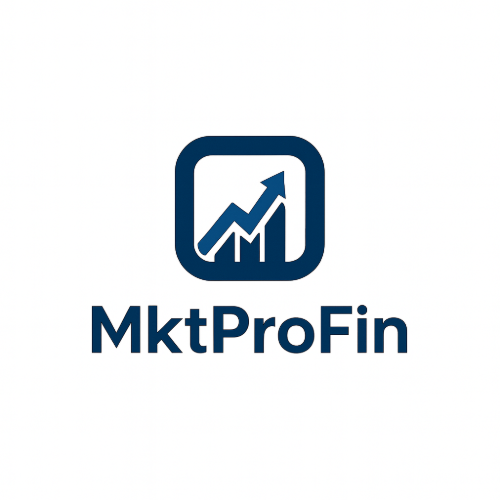Markets continue to operate even while Washington is closed. However, the SEC becomes sluggish. IPOs stop as a result. The window for raising financing quickly closes for companies that are waiting to go public.
The Positive
Squeezing supply might increase demand. Deals that do price may become more alluring if there are fewer initial public offerings (IPOs) hitting the market at once. Stronger pricing and a first-day pop can result from scarcity.
additional preparation time. Roadshows, stress-test values, and disclosures can all be improved by management teams and bankers. With more time, a hurried filing becomes a better story.
discipline of valuation. Issuers are forced to be realistic by compressed windows. Those who emerge with tighter governance and cleaner terms may receive rewards from investors.
The Negative
Backlog mayhem. Everyone swarms in when the SEC reopens. An excessive number of offerings vying for investors' limited attention might depress demand and drive down prices.
lost steam. If timing delays, hot sectors run the danger of cooling off. By December, investors may become disinterested or doubtful of a biotech that is riding trial data in September.
The state of the market changes. Before deals are even reviewed, rate changes, geopolitical shocks, or earnings season can force them to close again.
The Overall Impact
Compressed IPO windows turn timing into everything. Get out first, and you might lock in premium valuations. Wait too long, and you’re one of 20 deals fighting for scraps. Investors should expect sharper swings on hot deals pricing up, weaker ones pulled at the last minute.
For issuers, the lesson is blunt: a government shutdown isn’t just politics it’s a market event. If the filing queue grows, survival will depend on agility, preparation, and just a little luck.

